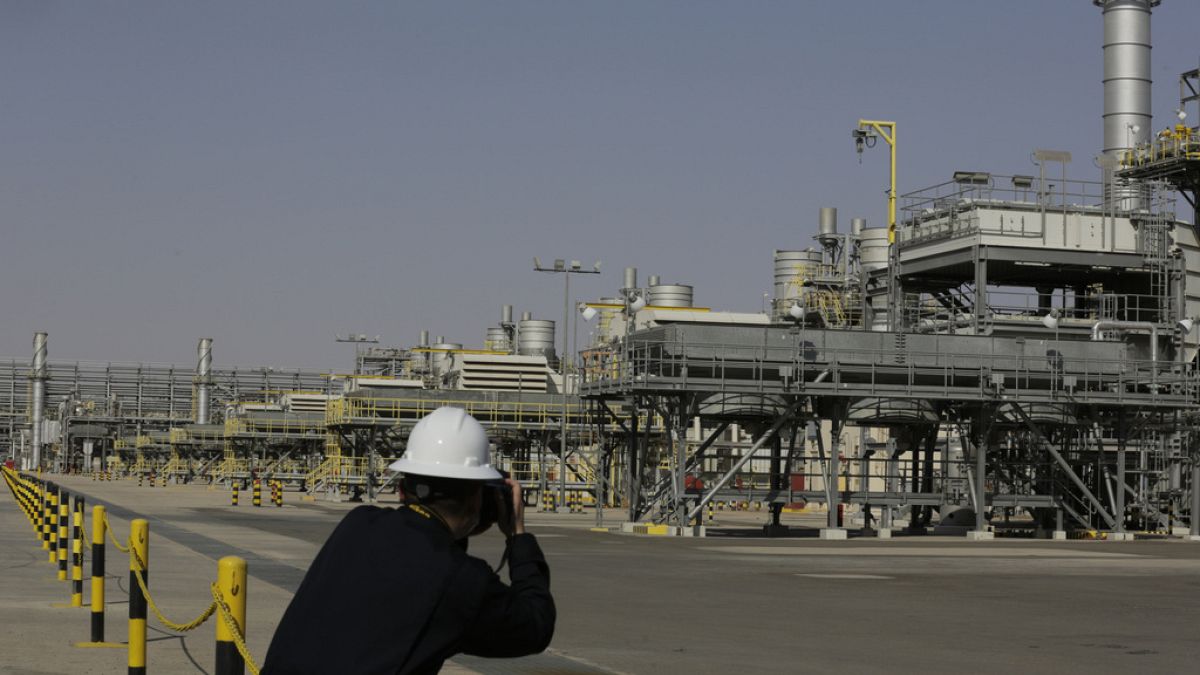

Amid shifting landscapes in international trade and regulatory measures, recent decisions in the oil industry and financial compensation schemes reflect notable global progress. In a move designed to stabilize oil prices, OPEC+ has announced increased oil production. Concurrently, India’s continued engagement with Russian oil suppliers reflects its economic strategies despite potential geopolitical repercussions. Moreover, a substantial compensation initiative has been unveiled in the UK for those affected by past car loan practices, signaling a significant regulatory effort to protect consumers.
The oil-producing nations of the Organization of the Petroleum Exporting Countries Plus (OPEC+) have agreed to increase oil production by 547,000 barrels per day starting in September. This decision, reached after a meeting of eight OPEC+ countries, aims to address the dynamic challenges of global supply and demand. By bolstering production, OPEC+ intends to ensure a steady flow of oil, thus aiding in maintaining equilibrium in the energy market.
While OPEC+ takes coordinated steps to modulate oil output, India maintains its purchase of Russian oil despite impending US tariffs. Indian officials have affirmed that their procurement decisions are driven by considerations of price, crude quality, logistical strategies, and overarching economic factors. This stance comes in light of impending US sanctions against countries trading with Russia, a measure linked to the ongoing conflict in Ukraine. India’s strategic persistence in buying cost-effective Russian oil underscores the complexity of international energy trade and geopolitical alignments.
On a different front, the Financial Conduct Authority (FCA) in the United Kingdom has unveiled an extensive compensation scheme to address grievances linked to the car loan sector. Affected consumers could receive a collective compensation ranging between £9 billion and £18 billion. The FCA aims to commence the redress process in 2026, with payouts expected to provide relief to consumers, typically averaging under £950 per individual. This initiative follows revelations of previous malpractices within the car finance landscape, exemplifying proactive regulatory efforts to correct past injustices.
These developments illustrate a concerted approach across industries and borders to address contemporary challenges. Through increased oil production, countries aim to meet global consumption needs, while India’s steadfast approach to procuring energy resources highlights the nuances of maintaining economic priorities amidst international pressures. Meanwhile, the UK’s initiative to compensate affected drivers underscores a commitment to consumer protection and rectifying market discrepancies. Collectively, these efforts reflect a broader trend towards stabilizing industries and safeguarding consumer interests in an ever-evolving global context.
Source: {link}
